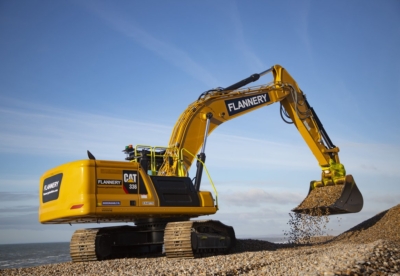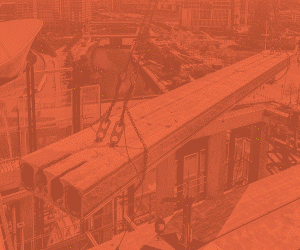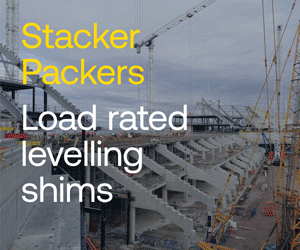Forth Crossing Bridge Constructors have placed a £790m contract for 37,000 tonnes of steel in the bridge with Chinese, Polish and Spanish firms.
The first fabrication is taking place at Crist in Gdansk, Poland which will produce 4,200 tonnes of steel to form the project’s massive caisson foundations.
Some 8,500 tonnes of steel bridge sections will be fabricated in Seville at Tecade-Megusa in Seville, Spain.
The vast majority of structural steelwork, some 24,500 tonnes, will be fabricated at Zhenhua Heavy Industries in Shanghai, China.
No Scottish firms bid to supply the huge amount of raw steel required by the project, although the final assembly stages of the steel components will be carried out on site at the new plants in Rosyth, South Queensferry and North Queensferry.
There are also unconfirmed reports that the massive cement contract is heading for a German company and not Lafarge’s nearby Dunbar cement works.
The bridge contractors secured the contract with a knock-down price of around £1.5bn, which came in £400m under budget.
Minister for Housing and Transport, Keith Brown said: “The FRC Principal Contract was procured under strict EU procurement law and awarded to FCBC at a price that delivered significant savings for Scotland’s capital budget.
“The steel fabricators that have successfully bid for these subcontracts were included within FCBC’s original tender submission and I am content that its proposals for sourcing steel represent best value for money for the public purse and are acceptable within the terms of FCBC’s contract.”
He added: “The British Chambers of Commerce has estimated the project’s knock-on economic benefits will be worth around £6bn and before Christmas it was confirmed the construction sector had already received a significant boost, with 118 sub-contracts worth over £20m in total already awarded to Scottish firms.
“The project is on schedule and within budget to open in 2016 and will safeguard a vital link in the country’s transport infrastructure.
“To ensure this remains the case it is vital that the very large amount of high-quality steel required by the project is produced and delivered in line with the demands of the construction schedule.
Construction will support over 1,200 jobs in Scotland.
Every year until completion in 2016, the construction will deliver 45 vocational training positions, 21 professional body training places and 46 positions for the long term unemployed.


































.gif)


















